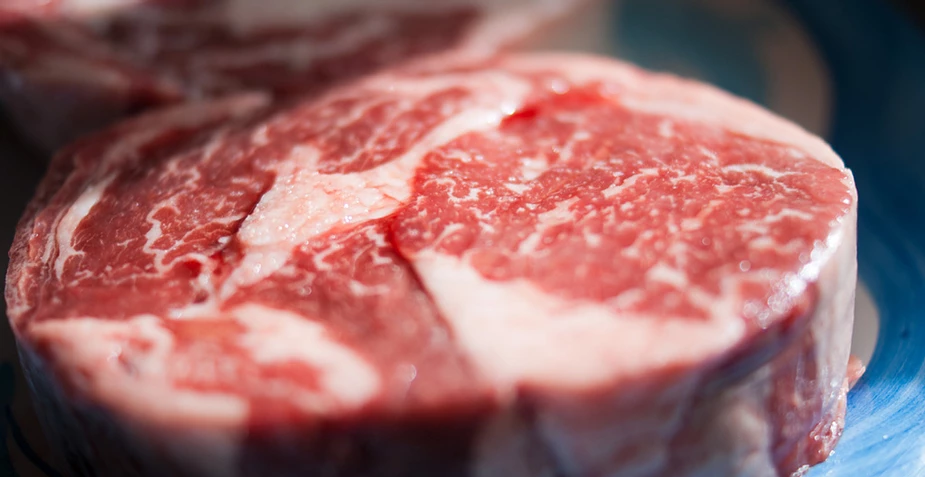
Whether or not the metabolism of certain carnitine and phosphatidylcholine containing foods (e.g. from red meat, dairy products and eggs) is favourable depends on a balanced microbiome. This specific named diet is further metabolized by certain microbiota in the intestine to TMA (trimethylamine), on which the liver further metabolizes this product like TMNO. It is precisely this metabolite that is linked to cardiovascular diseases.
How to avoid? The microbiome ideally consists mainly of firmicutes and bacteriodetes. Maintaining the excess weight of these groups is achieved by consuming many fibrous vegetables and to a lesser extent fruit, as well as omega-3 rich products, and polyphenols from, among others, cranberries, walnuts and pomegranate seeds.
The microbiome also contains a proportion of protobacteria, which is mainly formed when too much meat and dairy is consumed. If there is an overproduction of the latter group, the firmicut group can be compromised, causing the harmful intermediate trimethylamine N-oxide (TMNO) to be produced in the liver and, in turn, to reach the tissues. This route is therefore associated with an increased risk of cardiovascular disease.
The Eubacterium Limosum, a specific strain belonging to the favorable companyicutengroup, is responsible for the production of one particular enzyme, which ensures that less TMA is produced from carnitine and choline in the intestine. As a result, less harmful TMNO is produced.
Three tips for a balanced intestinal microbiome and more firmicute production
1. Eat less animal protein. Go for the 80-20% rule and get 80% of your protein from vegetable food. Think of legumes, nuts, seeds and kernels.
2. Increase the intake of omega-3 fatty acids (EPA and DHA) to promote a healthy intestinal microbiome and reduce low-grade inflammation.
3. Increase Lysine (e.g. present in legumes) and vitamin C intake, which increase carnitine levels without the consumption of excess animal products.
ref.
Duncan J. Kountz1. MtcB, a member of the MttB superfamily from the human gut acetogen Eubacterium limosum, is a cobalamin-dependent carnitine demethylase. Journal of biological chemistry.
First Published on June 22, 2020 doi: 10.1074 / jbc.RA120.012934



